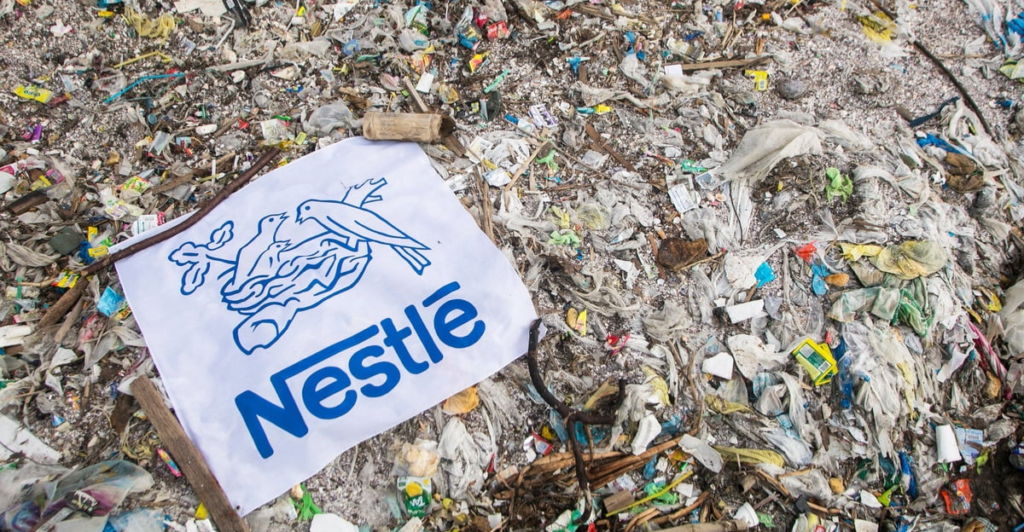
Companies love to talk about how “green” they are, but are they really helping the planet—or just putting on a show? Greenwashing happens when businesses make themselves seem more eco-friendly than they actually are, using clever marketing to hide the truth. Some of the biggest brands have been caught in the act, from misleading labels to empty promises.
The Truth About Greenwashing
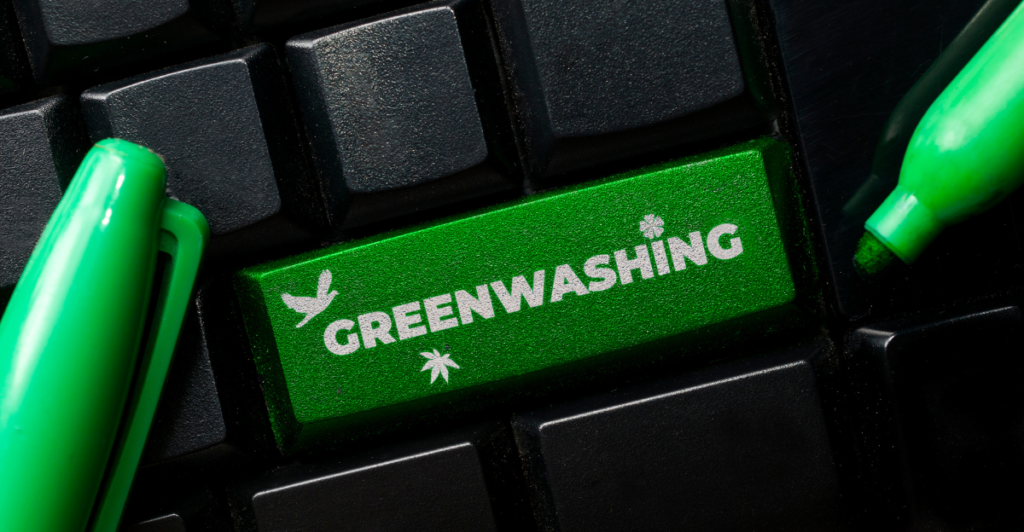
Sustainability sells—but what happens when they’re misleading the public? Greenwashing is when companies exaggerate or fabricate their eco-friendly efforts, tricking consumers into believing they’re helping the planet while continuing harmful practices. From misleading labels to deceptive advertising, corporations profit while environmental damage continues unchecked. This isn’t just corporate dishonesty—it’s an environmental crisis. Greenwashing prevents real progress by masking destruction behind clever branding. Below are 10 companies that have been caught misleading the public, along with the impact they have on the planet. Their marketing tells one story. The truth tells another.
IKEA – The Dark Side of “Sustainable” Wood
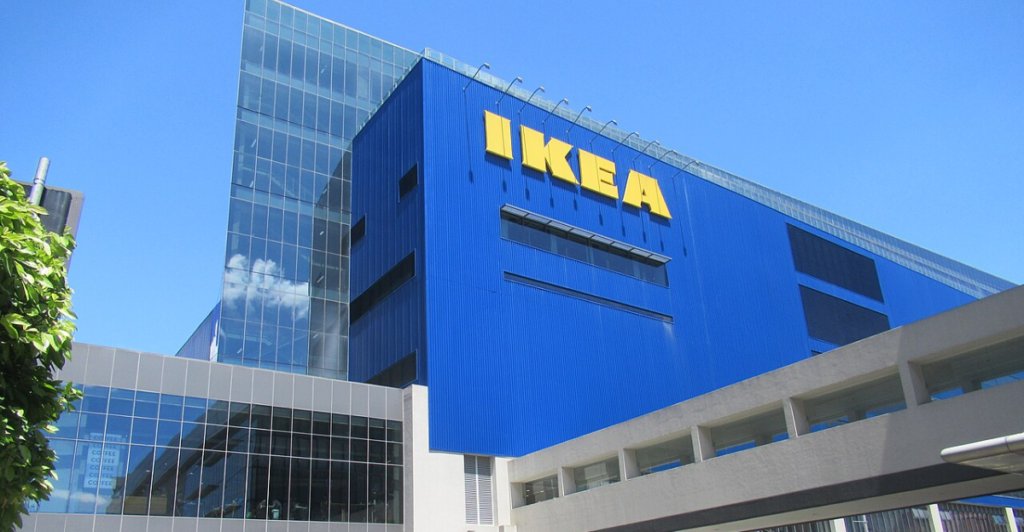
IKEA touts its eco-friendly furniture, boasting Forest Stewardship Council (FSC) certification. Investigations revealed IKEA is sourcing wood from illegally logged areas in Ukraine’s Carpathian forests, which are home to endangered species. Mass deforestation for cheap furniture accelerates biodiversity loss, disrupts ecosystems, and contributes to climate change. If even “certified” wood can’t be trusted, how can consumers verify sustainability?
H&M – Fast Fashion’s “Sustainable” Lie
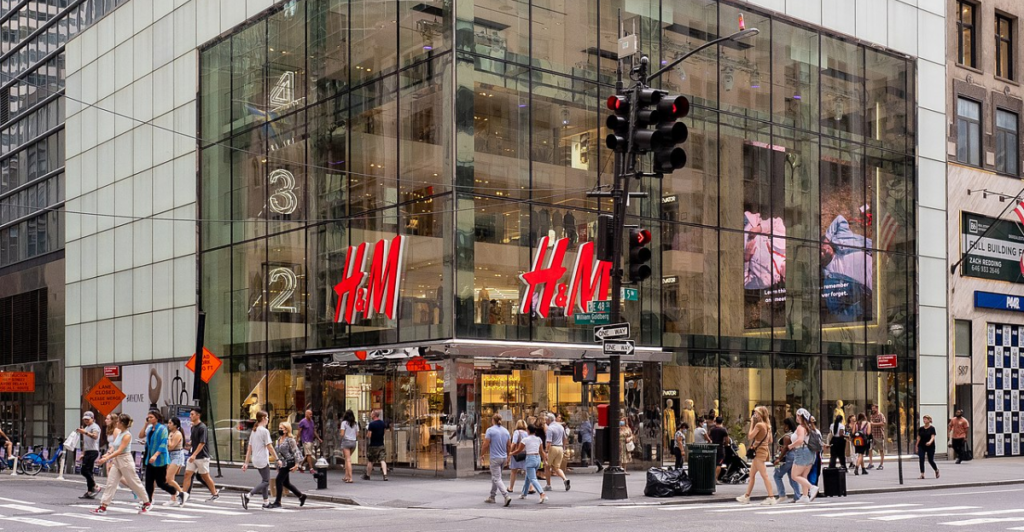
H&M’s “Conscious Choice” line promises sustainable clothing, but reports found that 96% of its claims were misleading. Fast fashion relies on mass production, cheap labor, and synthetic fabrics that pollute waterways with microplastics. H&M encourages rapid consumption, leading to textile waste, landfill overflow, and continued environmental degradation—all while pretending to be “green.”
Innocent Drinks – A Not-So-Innocent Green Image
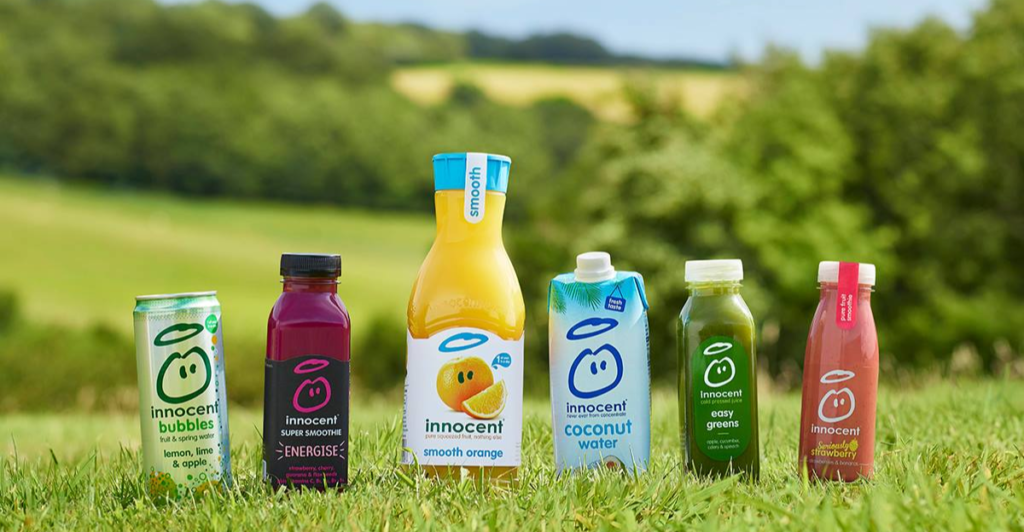
Owned by Coca-Cola, a top plastic polluter, Innocent Drinks markets itself as a sustainability champion. The company still relies heavily on single-use plastics, contradicting its green messaging. Coca-Cola, the world’s top plastic polluter, produces billions of plastic bottles annually—many ending up in oceans and landfills. Innocent’s branding distracts from the fact that its products contribute to massive plastic waste.
Nestlé – Empty Promises on Plastic Waste
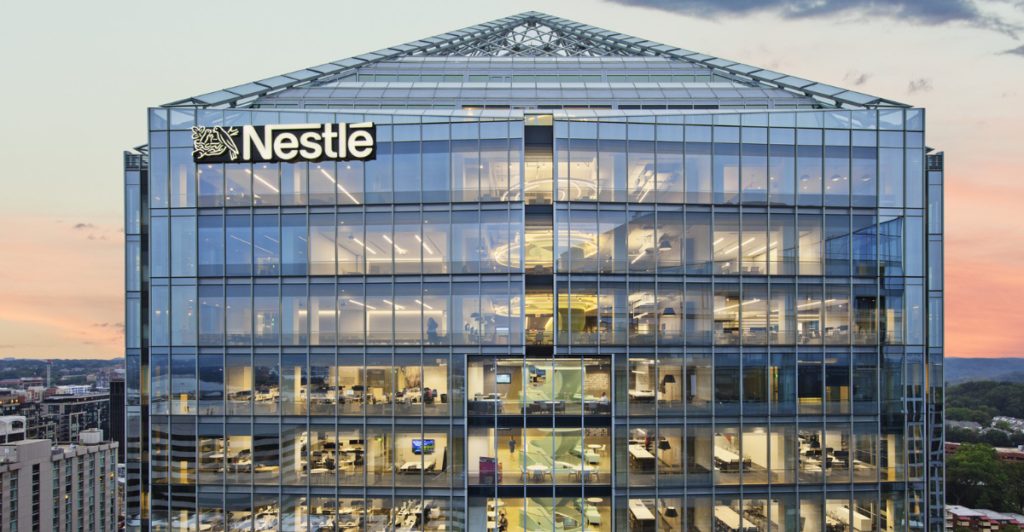
Nestlé pledged to make all its packaging 100% recyclable or reusable by 2025. The company failed to provide clear targets or meaningful action. Environmental groups called it “greenwashing baby steps” while Nestlé remained one of the top plastic polluters worldwide. Its packaging continues clogging landfills and oceans, proving that vague commitments don’t equal real sustainability.
Volkswagen – The Infamous Emissions Scandal

Volkswagen’s diesel cars were marketed as low-emission—until it was exposed that the company rigged emissions tests, and some models emitted 40 times the legal pollution limit. The excess nitrogen oxide released by these vehicles contributed to respiratory diseases, smog, and climate change. Volkswagen’s deception wasn’t just greenwashing—it was a direct public health and environmental hazard.
Ryanair – “Low-Emission” Airline or Just PR Spin?
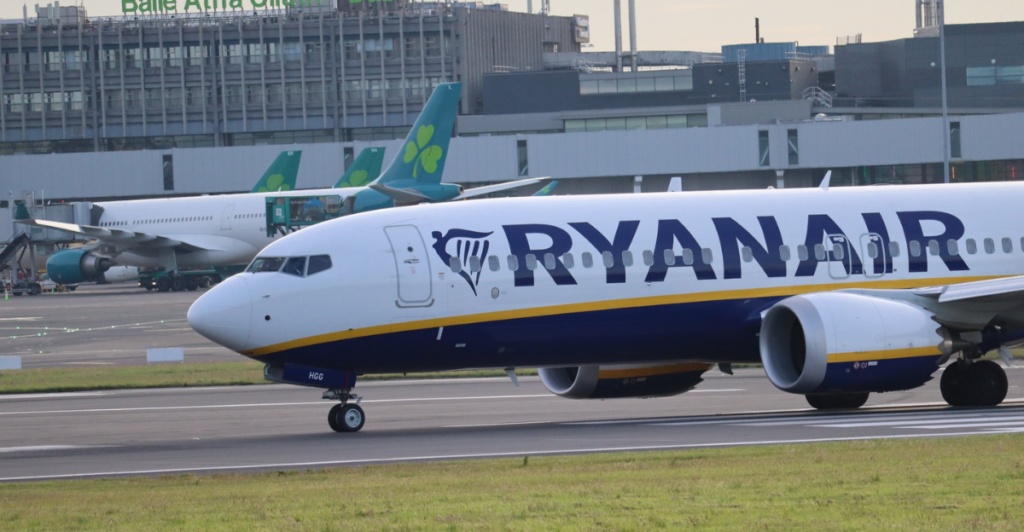
Ryanair called itself “Europe’s Lowest Emission Airline.” Regulators deemed the claim misleading because all air travel remains a significant source of CO₂ emissions. Despite efficiency improvements, aviation contributes to global warming, air pollution, and climate instability. Calling an airline “green” ignores the massive carbon footprint of flying, misleading environmentally conscious travelers.
HSBC – Green Pledges, Dirty Money
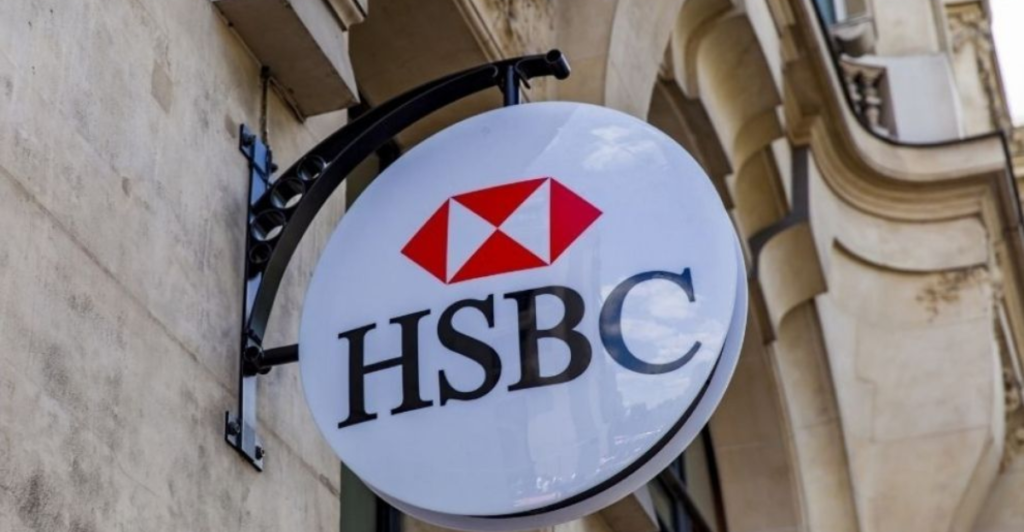
HSBC promoted its green finance initiatives during COP26, pledging to fight climate change. The bank was still investing billions in fossil fuel projects. While boasting about net-zero targets, HSBC was actively funding coal, oil, and gas expansion. This contradiction slows the transition to renewable energy, making the bank a hidden enabler of climate destruction.
Shell – Renewable Energy as a Distraction
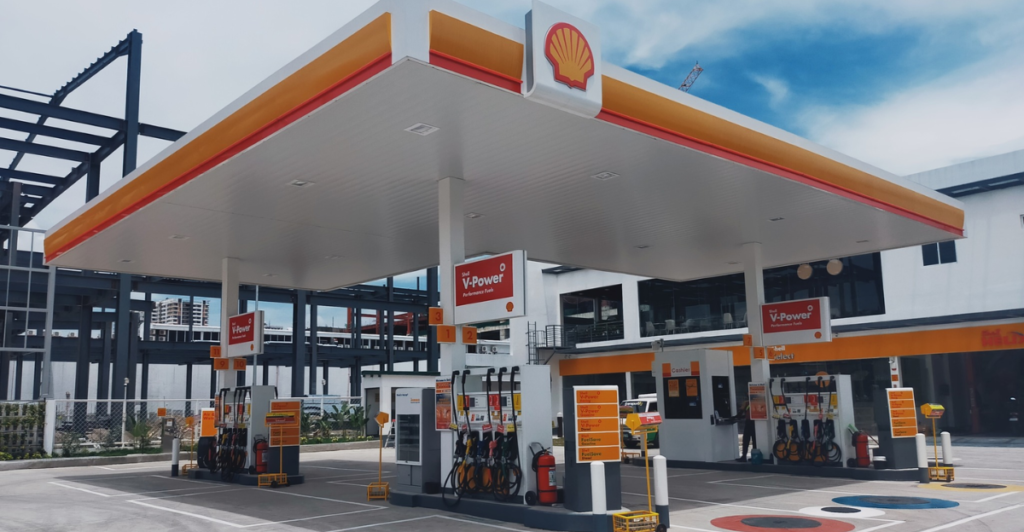
Shell promotes its investment in renewable energy as a step toward sustainability. Despite PR campaigns, Shell still prioritizes fossil fuel extraction, producing millions of barrels of oil daily. Its business model ensures ongoing carbon emissions, ocean spills, and habitat destruction. Investing in renewables while expanding oil drilling is not sustainability—it’s strategic greenwashing.
Unilever – Big Promises, Little Action
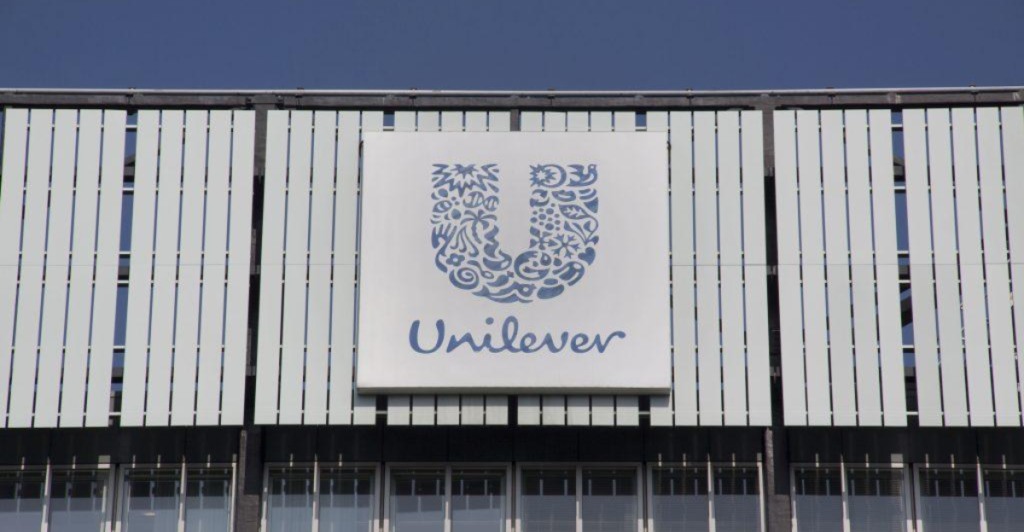
Unilever pledges ambitious sustainability goals, from cutting emissions to reducing waste. Many of these targets lack transparency and enforcement, allowing Unilever to profit from green branding while maintaining waste-heavy production. With a massive global presence, its failure to act meaningfully leads to deforestation, pollution, and excessive plastic use—despite its carefully curated “eco-friendly” image.
McDonald’s – Paper Straws That Can’t Be Recycled
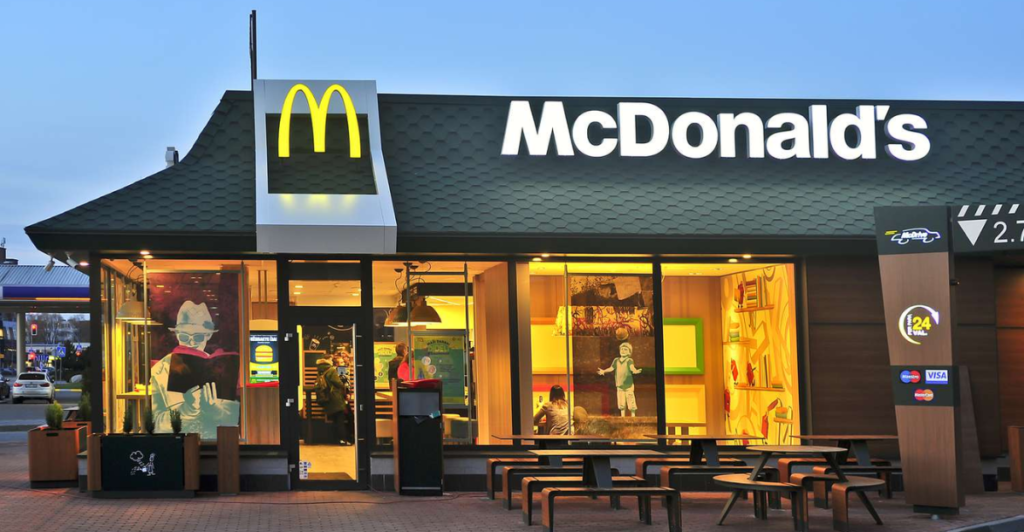
McDonald’s introduced paper straws as an eco-friendly alternative to plastic ones. The new straws aren’t actually recyclable, exposing a common greenwashing tactic—swapping one unsustainable material for another without solving the core issue. Meanwhile, McDonald’s still generates massive packaging waste, contributing to global plastic pollution despite its carefully crafted green messaging.
Explore more of our trending stories and hit Follow to keep them coming to your feed!

Don’t miss out on more stories like this! Hit the Follow button at the top of this article to stay updated with the latest news. Share your thoughts in the comments—we’d love to hear from you!







